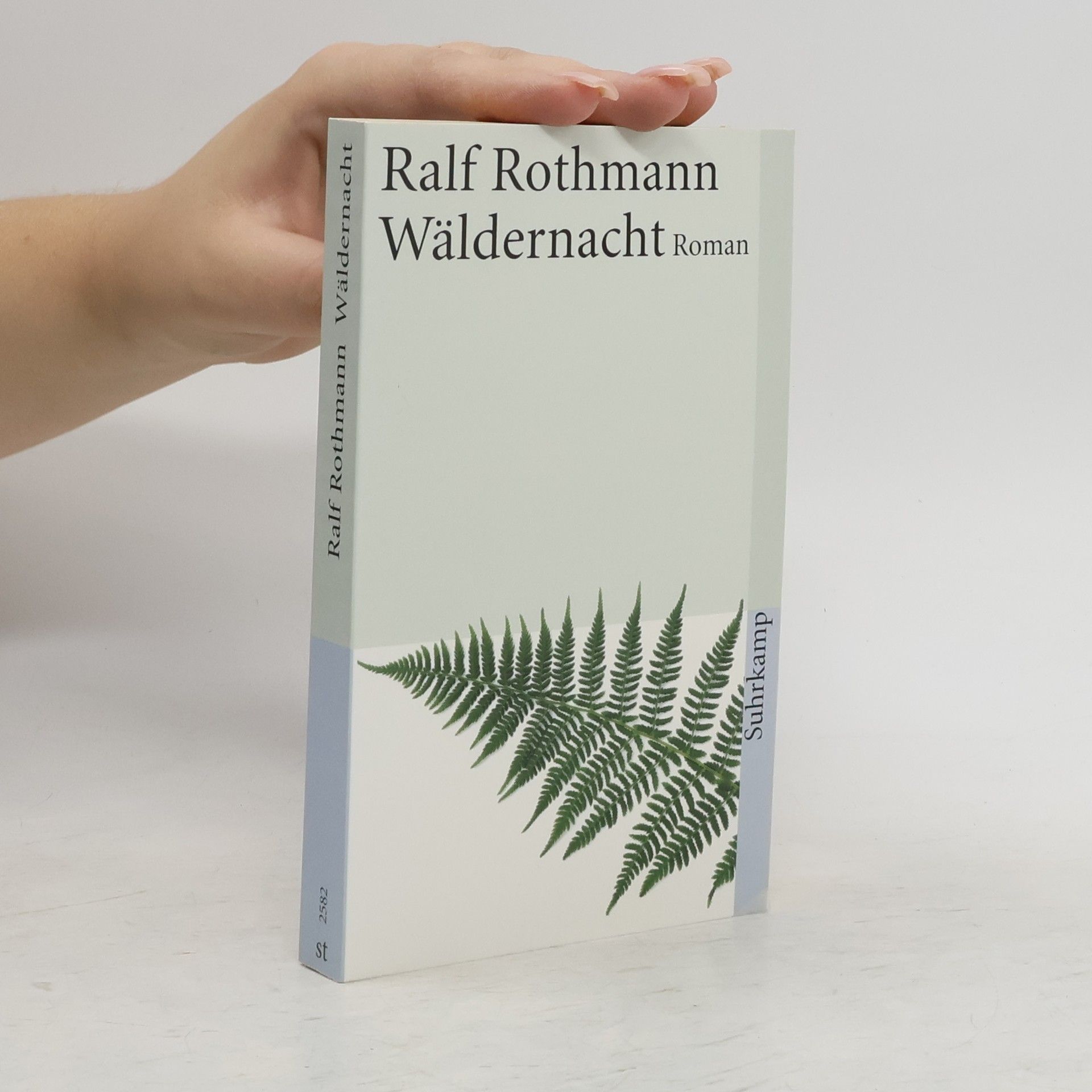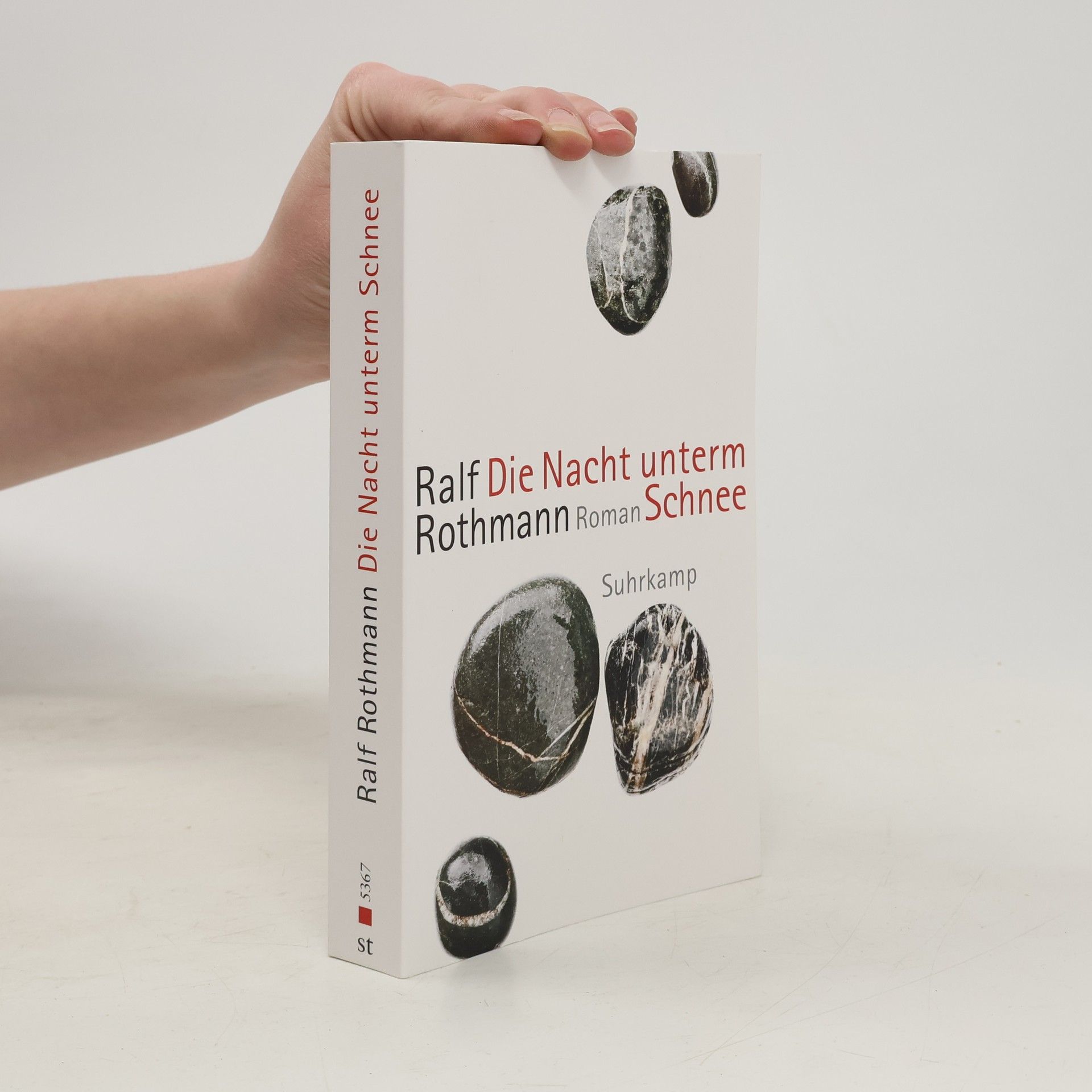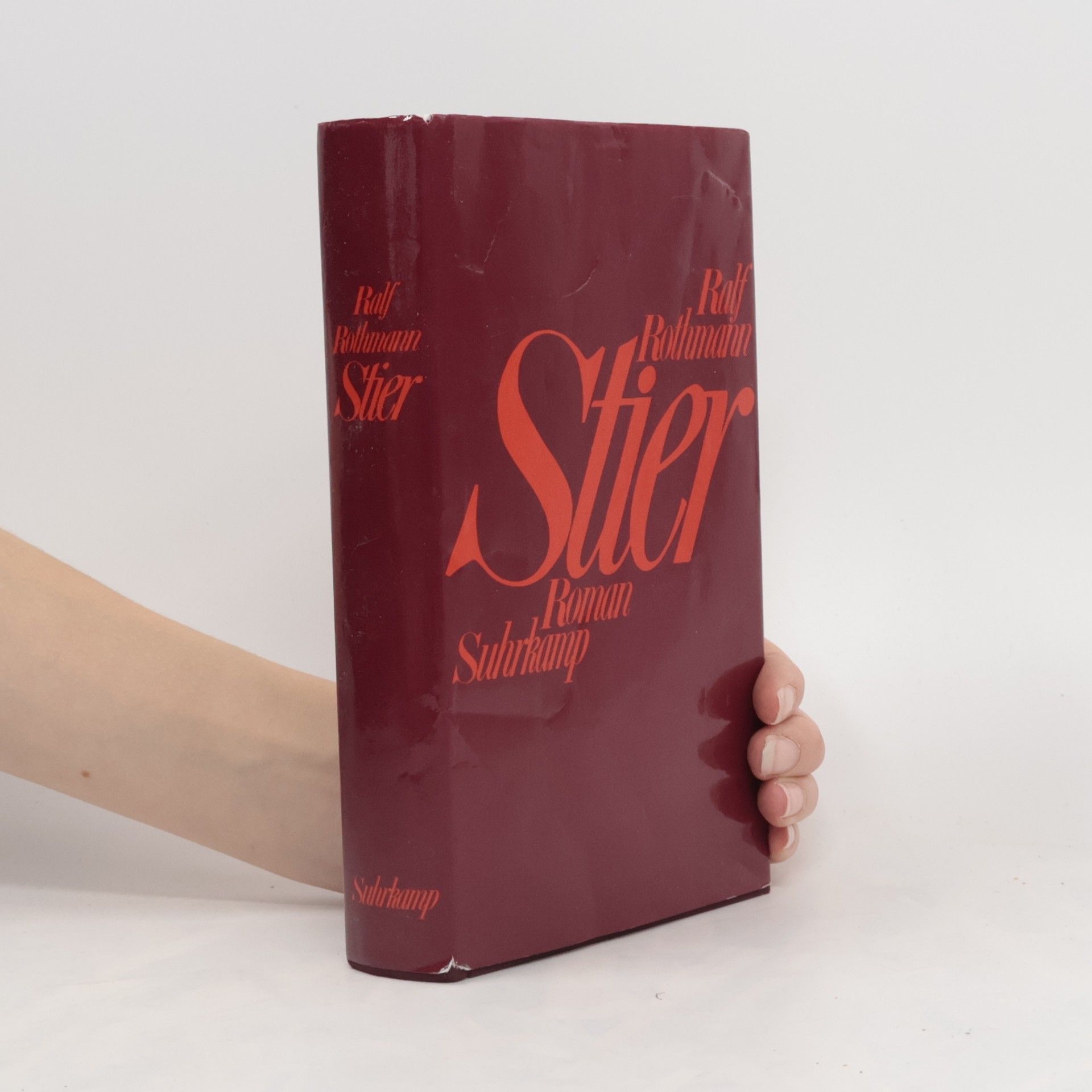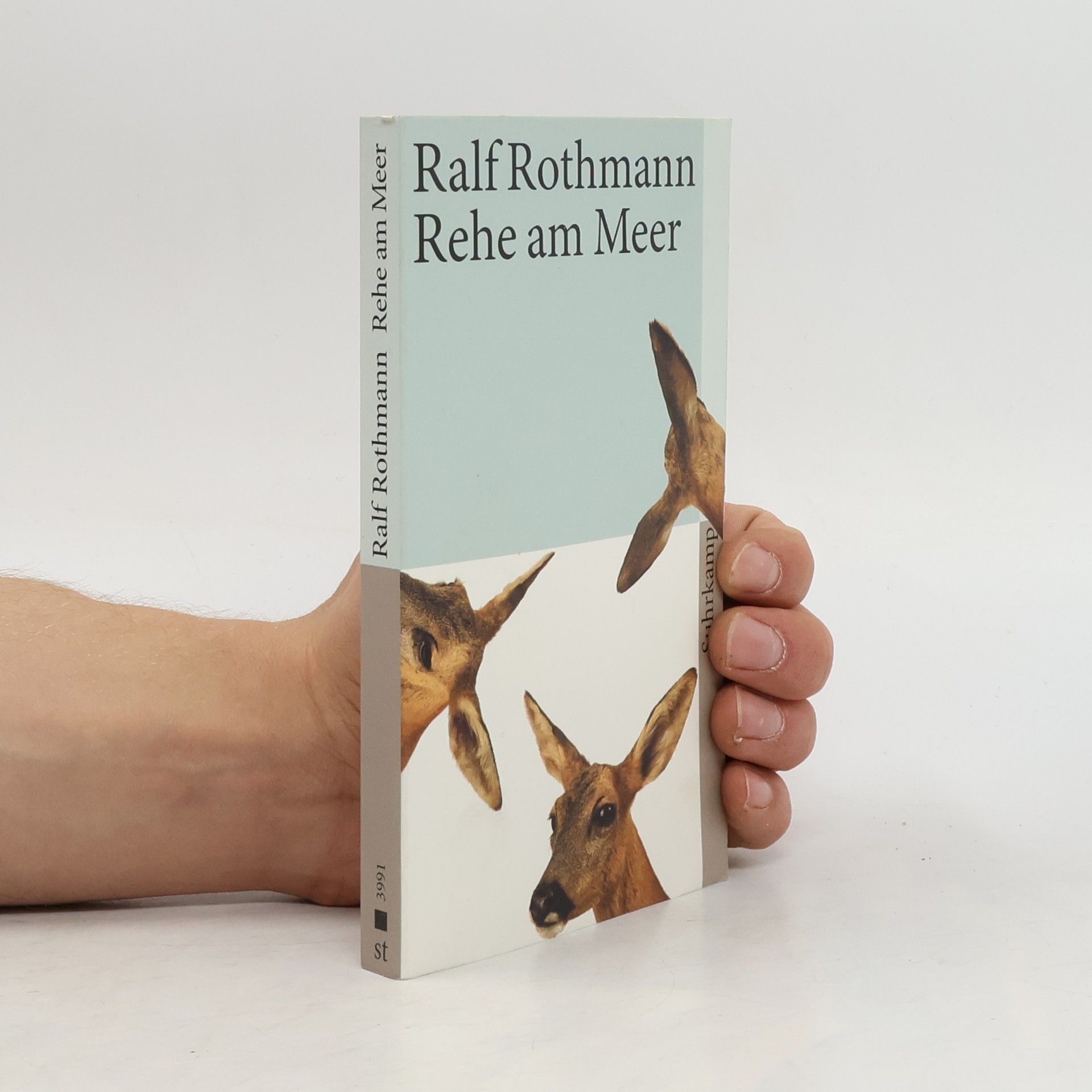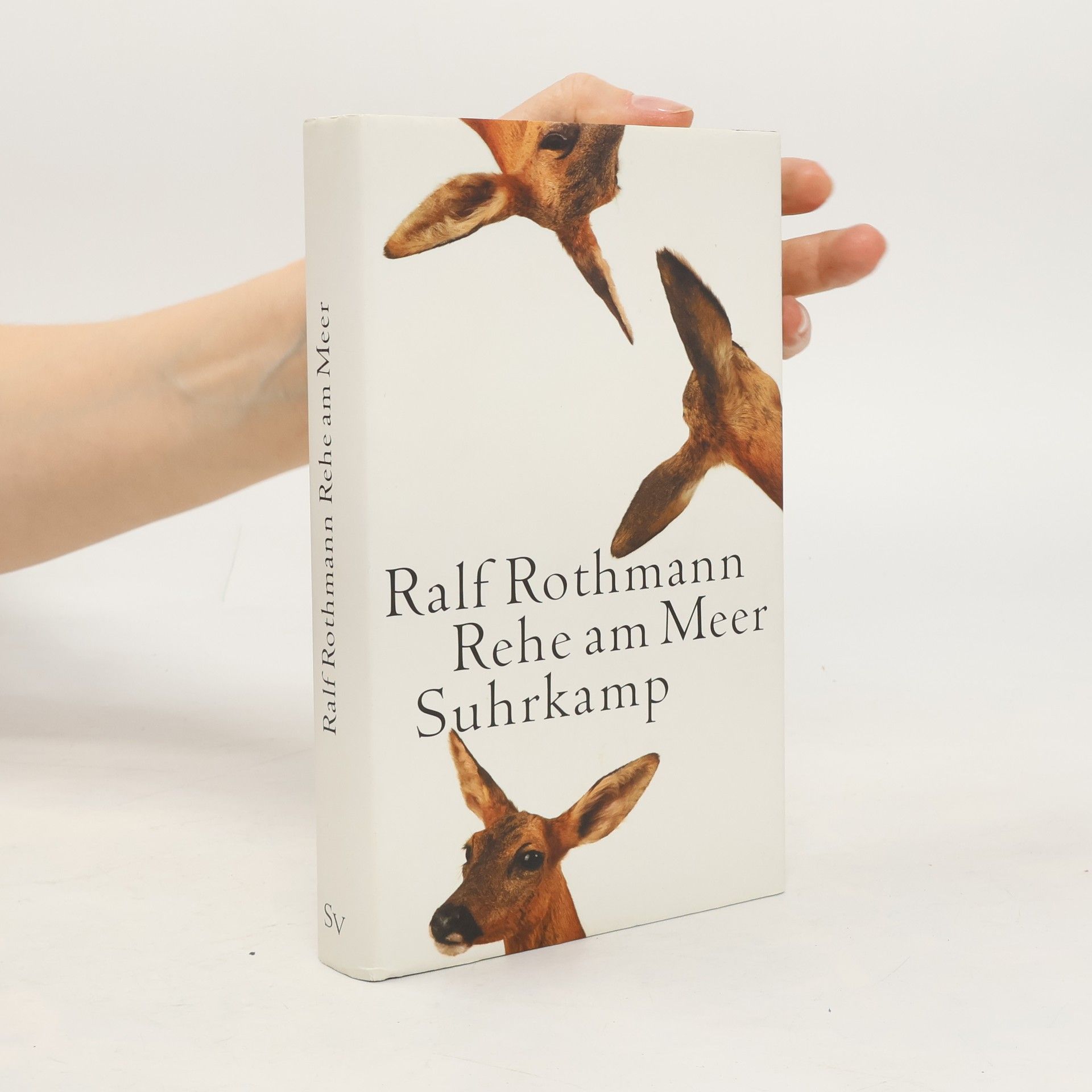To die in spring
- 208 pages
- 8 hours of reading
Walter Urban and Friedich 'Fiete' Caroli work side by side as hands on a dairy farm in northern Germany. By 1945, it seems the War's worst atrocities are over. When they are forced to 'volunteer' for the SS, they find themselves embroiled in a conflict which is drawing to a desperate, bloody close. Walter is put to work as a driver for a supply unit of the Waffen-SS, while Fiete is sent to the front. When the senseless bloodshed leads Fiete to desert, only to be captured and sentenced to death, the friends are reunited under catastrophic circumstances. In a few days the war will be over, millions of innocents will be dead, and the survivors must find a way to live with its legacy.

